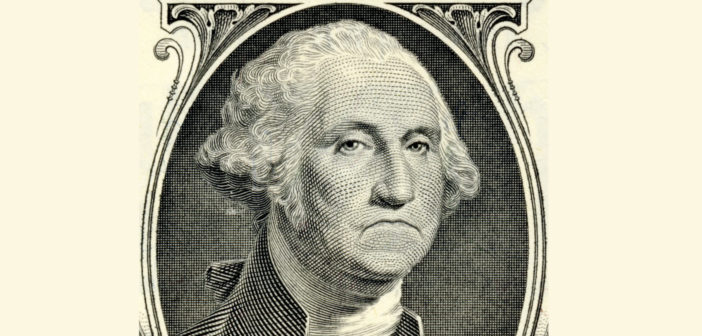There is anxiety that a recession is around the corner. According to a recent ABC News poll, 60 percent of Americans expect a recession in 2020.
Part of this anxiety is due to timing – since the end of World War II, there has been a recession approximately every seven years. The current expansion, which has been happening since June 2009, is longer than average. In fact, it is the longest post-World War II expansion thus far. Thus, there is worry that the economy is “due” for a recession.
Just because a recession has occurred about once every seven years does not mean the U.S. economy is overdue for one. It might be a historical coincidence that recessions have occurred in these intervals. There is no reason to believe that just because a certain time period has passed, a recession becomes imminent. Australia, for instance, has not had a recession in over 25 years!
Recessions are caused by a negative “shock” that hits the economy and causes widespread damage. Historically, the most common cause is a sudden increase in the price of imported crude oil, which was responsible for the 1973-75, 1980 and 1990 recessions. In fact, all post-World War II recessions except one were preceded by a sharp increase in the price of crude oil.
The United States economy is now much less dependent on imported crude oil than in the past, as it is much more energy efficient and produces more crude oil, domestically. The U.S. is currently the world’s largest producer of crude oil, and only one-third of the energy is required to produce a dollar of economic output compared to the mid-1970s. The United States’ reduction of dependence on foreign oil thus removes a huge recession risk.
The trade dispute with China is another source of anxiety. The stock market has seen triple-digit daily declines as a result of the trade dispute escalating. This should be kept in perspective. The stock market remains up over 3,000 points for 2019 and up nearly 9,000 points since Election Day 2016. Trade with China is a small component of the United States’ economy (only 3%). And, both sides have an incentive to make a trade deal. President Trump faces reelection next year and a trade deal would bolster the economy and his reelection fortunes, while the Chinese economy is much more dependent on trade than the U.S. economy is. I suspect that a deal will be reached before a trade dispute causes a full-blown recession.
I am optimistic that a recession is not on the horizon, particularly since the August job numbers were robust. However, it is a concern that a recession becomes a self-fulfilling prophecy. If consumers and businesses suspect a recession is coming due to the constant talk of one, they might reduce their spending in anticipation of it. This reduction in spending, if large enough, could then cause a recession, which is worrisome.














